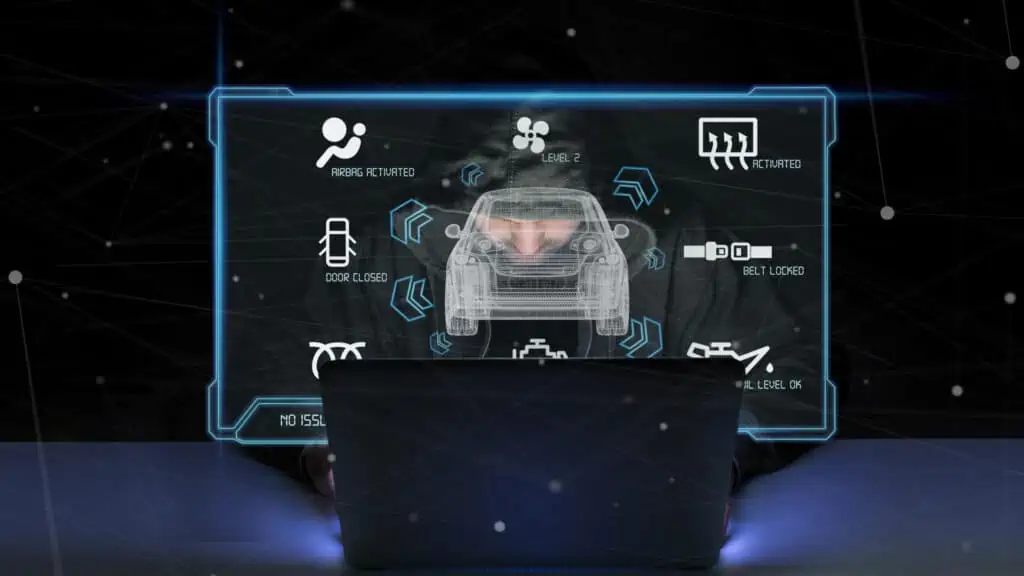Cyberattacks in road traffic? To prevent this, the USA is targeting certain Chinese and Russian vehicle components. This could also have an impact on German manufacturers.
The US government is planning to ban certain vehicle components from China and Russia from the American market. According to the US Department of Commerce, this would affect vehicle connectivity and autonomous driving systems that could potentially be compromised by cyberattacks, as well as imported vehicles themselves. The new regulation would apply to all vehicles used on public roads, including cars, trucks and buses. Vehicles not intended for road use, such as agricultural or mining vehicles, would be exempt.
“Cars today are equipped with cameras, microphones, GPS systems and other technologies that are connected to the Internet,” explained US Secretary of Commerce Gina Raimondo. “It’s easy to imagine how foreign actors could abuse that.” A government representative pointed out that while the US is not currently heavily dependent on the technologies in question – particularly from China – this could change in the future if preventative measures are not taken.
German manufacturers must also check supply chains
After a 30-day public consultation period, the Department of Commerce will review comments received from industry representatives, advocacy groups and other stakeholders before finalizing the regulations.
In addition to American car manufacturers, German and other international car manufacturers may also have to adapt their supply chains to the new requirements. When asked, a government representative emphasized that they are working closely with the industry to make the transition as smooth as possible.
Specifically, the regulations stipulate that vehicles equipped with certain software components will be banned from model year 2027 onwards. For hardware, a ban is planned from model year 2030. In order to facilitate the transition, there will be a staggered implementation: While a one-year transition period is targeted for software, as this is rarely found in vehicles, the situation is more complex for hardware, according to US information. “The supply chains for hardware components in the field of vehicle connectivity are more closely linked to Chinese suppliers,” explained a government representative. “That’s why we’ve allowed a four-year transition period to switch to alternative suppliers.”
dpa






